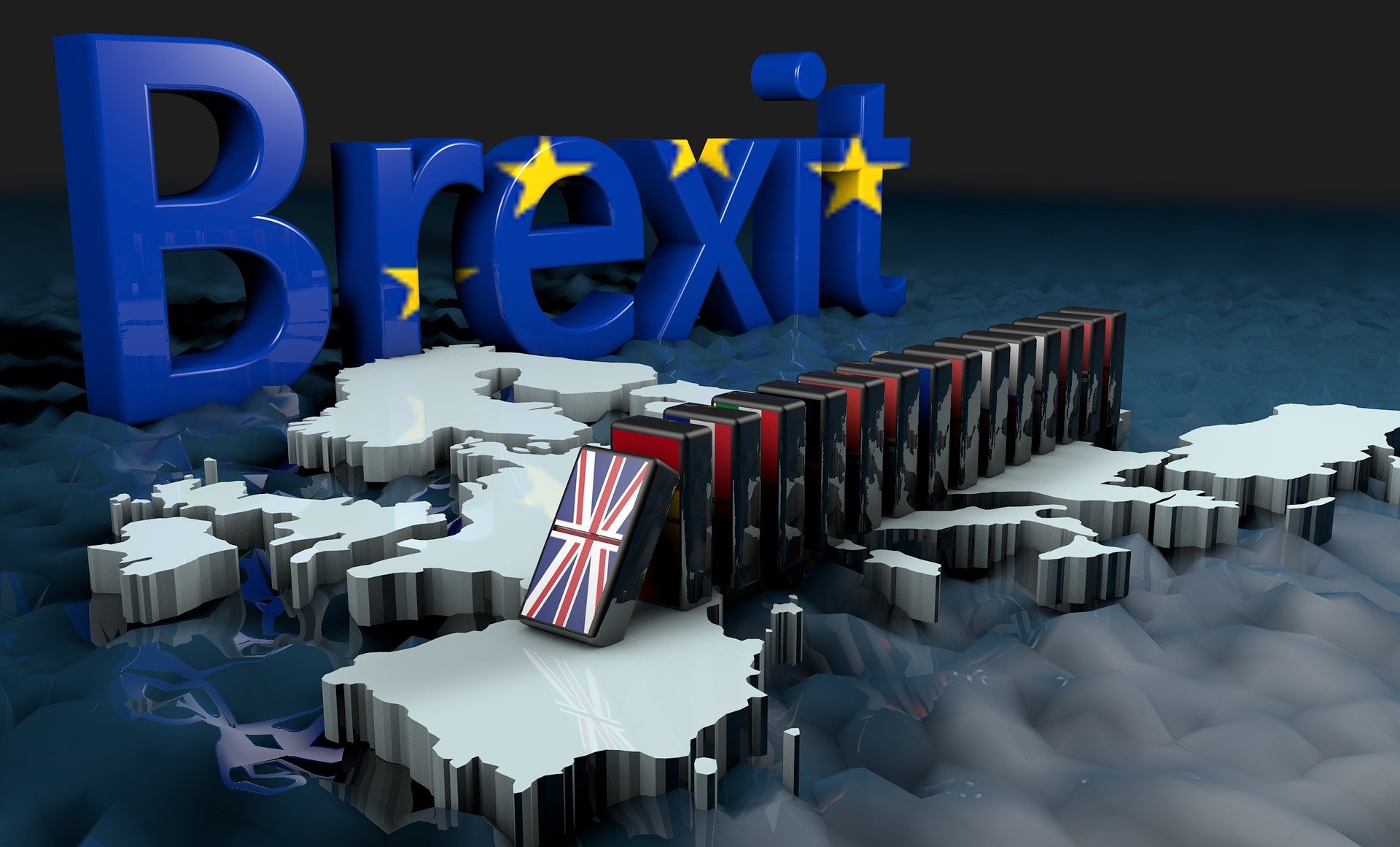Concerns have been mounting about the impact Brexit will have on the ETF ecosystem with time running out before the UK crashes out of the European Union without a deal in place.
Primary issues have been around the lack of passporting which enables the UK to flog financial products including ETFs across the EU, something that will discontinue under the Brexit agreement.
Instead, if agreed by the EU, the UK’s financial services will be subject to equivalence, a system that sees both states recognise each other’s regulatory requirements.
Where Brexit has the potential to have the greatest impact on the ETF industry is around trading costs.
With the EU looking for Europe-based firms to execute trades on the continent instead of on the London Stock Exchange, for example, this could have a detrimental impact on European-listed ETFs.
As Ciaran Fitzpatrick, head of ETF servicing, Europe, at State Street, said: “There is the potential impact of assets being required to trade on a European exchange even though the main liquidity of the asset is on LSE which would lead to increased trading costs being passed on to the end investors.
“The reality of that situation is not fully clear but is a concern for the ETF ecosystem, given the product is based around cost effective trading and ensuring that the underlying basket of assets is traded on the most liquid market where the volume is traded.”
His views were echoed by Simon Barriball, ETP and portfolio trading, Europe, at Virtu Financial, who said an increase in trading costs was always likely when liquidity becomes fragmented.
“The Brexit Rubik's cube is full of complexities,” Barriball added. “Firms such as ours have certainly had to deal with issues of splitting trading between UK and European venues.
Steps have been taken by the Financial Conduct Authority (FCA) to address the potential frictions, however. Highlighting this, the UK regulator announced last month it will use something known as the Temporary Transitional Power (TTP) to enable firms to continue trading all shares on EU venues and systematic internalisers.
Without equivalence, firms risked being unable to meet the share trading obligations (STOs) at trading venues in both the EU and the UK, however, the TTP, the FCA said, avoids this disruption.
Jim Goldie, head of ETF capital markets, EMEA, at Invesco, said this move meant he was not expecting any disruptions from a trading perspective.
“It feels likely the industry is pretty well prepared at this stage and we are not expecting any issues with trading,” Goldie said.
Other areas that have been addressed over the past year include ETF issuers’ move to the International Central Securities Depositary (ICSD) model after Euroclear UK & Ireland (CUI) became unable to provide issuer CSD services for Irish-domiciled ETFs due to passporting issues.
The adoption of the ICSD model, which enables cross-listed ETFs to be settled in one pan-European location, has been driven by issues resulting from Brexit.
“On the Brexit front all the necessary actions seem to be in place,” Goldie continued. “From a settlement perspective, ICSD migrations took care of that.
“On the passporting front, issuers will be updating the Temporary Permissions Regime (TPR) prior to year-end to ensure passporting is maintained which means that UCITS ETFs established and listed in the EEA will continue to be able to be admitted to LSE main market.”



